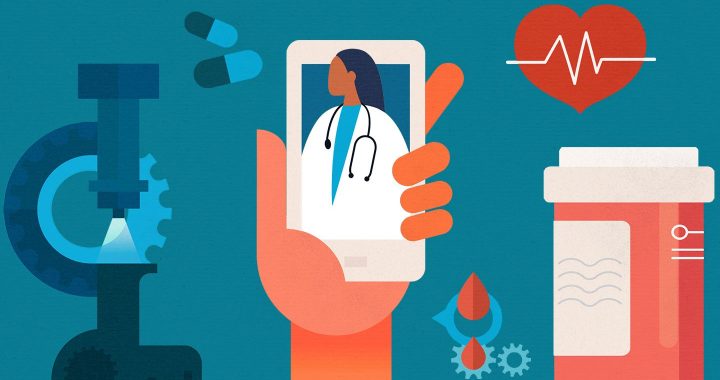What Does Diabetes Do to the Body?
3 min read
Last Updated on May 31, 2022 by Aaron Thompson
According to the Centers for Disease Control (CDC), 10% of Americans have Type I or Type II diabetes. Of these, 5% don’t realize they have the condition. This is unfortunate as diabetes does severe damage to one’s body
Neuropathy
More severe cases of diabetes cause damage to your central nervous system. The result is neuropathy. This condition affects your perception of heat, cold, and pain. Commonly, these issues are seen in sensitive areas like your hands and feet. If cuts and other infections aren’t noticed, they can lead to serious illness.
Eye Conditions
Diabetes damages the blood vessels in your eyes. When this occurs, your vision may become blurrier. This might not be noticed if you already wear glasses. However, if you’ve had good sight before, progressive blurriness could be a sign of diabetes.
A progressive form of the disease also increases the potential for cataracts and glaucoma. The former causes cloudiness in your eyes’ lenses to increase blurriness and decreases focus. Conversely, glaucoma causes damage to your optic nerves and results in reduced vision or even blindness.
Increased Fatigue
Whether treated or untreated, diabetes results in extreme fatigue. This happens due to constant fluctuations in blood sugar levels. When they drop considerably, you experience lethargy and the inability to stay awake. This condition could occur during a specific part of the day or result in constant exhaustion.
Reduced Blood Circulation
Your circulation system is one area that gets hit hard with diabetes. Damaged and contracted blood vessels limit or completely stop blood flow to various areas. One of these is your feet.
The lack of blood flow to these appendages causes constant numbness. In severe cases of diabetes, vessel damage is so significant that you may develop gangrene and face possible amputation. Hence, the reason why those afflicted with this disease wear compression socks is to maintain blood flow.
Cardiovascular Disease
The improper delivery of blood also causes problems with your cardiovascular system. The damage to vessels translates to high blood pressure. Fatty deposits also tend to develop in these spaces to stop blood flow to the heart. In turn, that muscle is damaged.
Rapid Weight Loss
When diabetes is untreated, it develops into insulin resistance. Here, instead of it being transformed into energy, glucose gets stored. When this happens, your body consumes other energy sources, like muscle or fat tissue. The result is rapid weight loss.
How to Control Diabetes
The first thing to control your diabetes is to visit your doctor. They’ll give you an A1C test to check your blood sugar levels. If it’s above 6% of the normal rate, they’ll put you on a treatment to lower and maintain your insulin levels.
In cases of Type II diabetes, this tends to be in the form of a pill. For example, a diabetes insulin pump is surgically implemented to automatically provide regular shots to maintain levels in more severe cases. However, this isn’t the complete solution.
You must regulate your diet and incorporate exercise into your routine. Both of these methods help maintain or eliminate the disease in the case of Type II diabetes.






